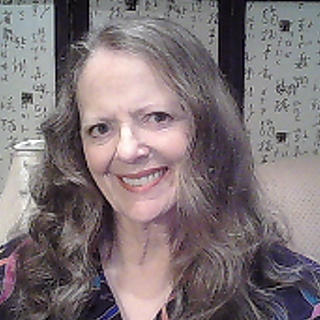TAKING GRADED EXAMS
- Patricia (Trish) Moore
- Mar 30, 2015
- 3 min read
RCM GRADED SERIES

A question I get asked frequently is “does my child have to take piano exams?” My response to that would be – no. Having said that, however, while not having to take the exams, the process is one of the most comprehensive ways to learn the instrument well.
Should a student go through the RCM repertoire, the technique, theory, etc., they can take that knowledge and basically play any type of music they like. Famous musicians like Elton John, David Foster, Jamie Foxx, Barry Manilow, and Billy Joel and others have all gone the “classical” route. Along with the study of the classical repertoire, many new 20th Century pieces, jazz inventions, etc. have been added. At the Grade 3 level, students are allowed to substitute one of their studies of a piece from the “Popular” repertoire. Taking piano exams does give a student an examiner’s evaluation and a certificate, a goal and a real sense of accomplishment when completed. It also looks very good on a resume. The way we study this system is far different than what the students have been used to in their method books. When starting these books it can sometimes be a bit overwhelming at first, until the study process has been integrated. If students have made real use of their practice tools, that time frame is condensed. We do not go from the beginning of the book and go page-by-page to the end; we skip around based on a study plan. The theory book in this case is called a "Workbook". The workbook takes what we do in the "Detective" and analyzes at a far deeper level. If the workbook is not done before the playing, the student has missed the learning tools provided to help study the piece. Scales are now a regular part of practice. These should be done each practice as a warm-up. Since every piece of music is composed using a mode of scale, these cannot be overlooked. Sight-reading and ear training have also been added, which are all components of a piano exam. In March 2008, the Royal Conservatory launched a new series of the RCM Graded books, which will be used for the next 7 years. They have also completely overhauled their syllabus and have made changes to the technical requirements. The books that the students are using at this time will still be valid for the year crossover period. I also understand that they are bringing out a new program, which will be based on a popular theme, for students that would like other options. Should a student not wish to go through the RCM program, we continue to go through the higher levels of the method series. I do, however, have them prepare the technical requirements for the corresponding grades. Whatever music we will play in the future is all easier to learn and play when we are technically trained to do so. I am a strong proponent of learning the theory of the ‘musical language’ as well. Knowledge is power and students are far more likely to continue to play if they understand what it is they are looking at and have learned the skills to look at the ‘recipe’ and mix the ingredients. If anyone has any questions about the RCM program, please do not hesitate to contact me.






































Comments